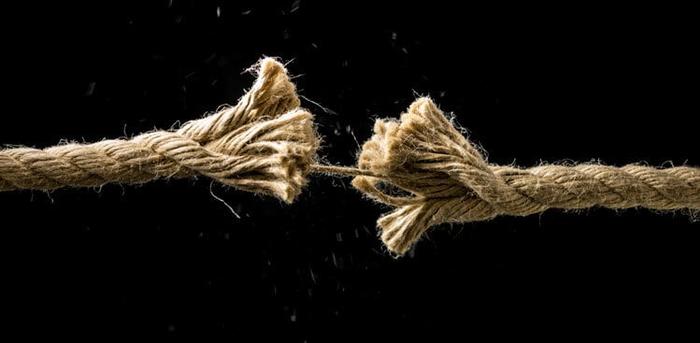
We live in perfectionist times. Technology is always striving to be just that little bit better, parents are exhausted by an arms race of activities and engagement, and workers, fearing a perpetually droopy economy and the specter of competition from abroad, are bombarded with never-ending pressure to be more productive, efficient, and ever-connected.
With all this emphasis on progress and improvement, it can be easier to start feeling like you should be perfect. Faults become a source of serious shame and worry, and you can experience an almost militant anger toward your own weakness. The goal posts get moved and, all of a sudden, you’re looking at an acquaintance’s highly curated life (exotic beaches! professional successes! perfect family photos!) on their Facebook page and feeling really, really bad that your accomplishments and even personality aren’t so flawless.
If you’re feeling like this at the moment (we’ve all been there), Kate Hamill’s writing on the Freelancers Union blog has a very important message for you—quit it!
Your Greatest Flaw Is Also Your Greatest Strength
There are numerous reasons to stop chasing personal perfection—it stands in the way of action and risk and will make you miserable, being a couple of great ones—but she adds another to the list. It’s also impossible to attain. And not just because all humans are flawed and complex. But also because your biggest flaws are almost certainly tied up together with your greatest strengths.
Remembering this was a hugely positive for Hamill. “Even my biggest flaws—the things that really drove me nuts about myself—had some parallel in a positive trait that I actually liked about myself,” she recalls realizing, offering examples. “Yes, I wrestled with my temper—but I struggled with anger because I was a generally passionate person and connected to my emotions. I sometimes struggled with procrastination—but that procrastination was rooted in a deep desire to do my best work, as well as a tendency to let my mind wander creatively.”
Self-Improvement Is Great, But...
Which isn’t to say that there’s no place for reflection and self-improvement. The takeaway, according to Hamill, isn’t contented stasis or acceptance of dysfunction, but to skip the self-loathing around the qualities that you’re least fond of and show yourself a little understanding and compassion.
“Having this realization didn’t mean I needed to wallow in every unhelpful habit and self-destructive pattern; it meant that I could stop thinking about ‘bad’ traits as if they were alien, loathsome flaws that I had to stamp out entirely,” she wisely writes. “Instead, I could think of these flaws as extreme manifestations of certain qualities that were actually just fine (or even great). I could choose to focus on adjusting behaviors, instead of ‘perfecting’ myself. I didn’t have to hate them (or myself!)”
How is your biggest flaw related to your biggest strength?